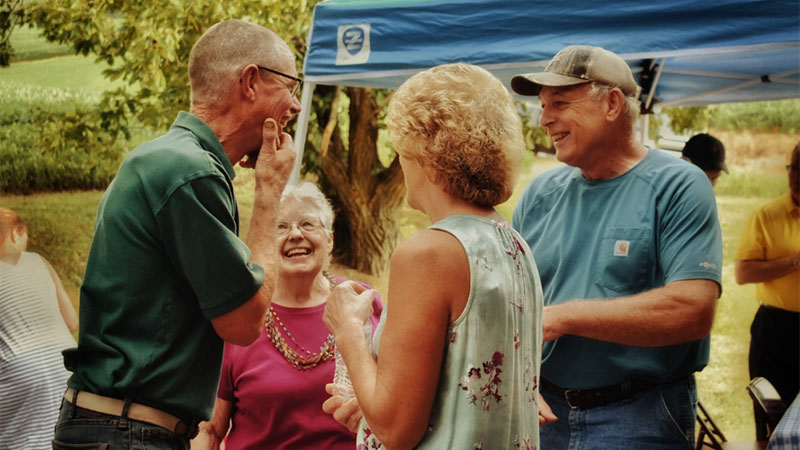The Benefits of Volunteering in Old Age
Old age can be a wonderful time in life when you get to reap the fruits of your labor and spend your days tending to the things you love. Whether it’s dedicating more time to your passions and interests, learning new skills or playing with your grandchildren, the golden years of your life are ones to be cherished.

Unfortunately, this is not the case for everyone, and many people find themselves feeling alone or isolated with their days filled with boredom and anxiety. Financial pressures, uncertainty about the future, and physical ailments can all add to the decline in mental and emotional well-being.
If you have an elderly relative that is struggling to care for themselves, you may like to consider an assisted living facility such as Longhouse which specializes in providing vibrant households for seniors with Alzheimer’s dementia and other chronic conditions. Thankfully, there are many healthy habits seniors can adopt to stay happy and healthy and in this article, we will look at the benefits of volunteering as one of those ways.
Mental Well-Being
According to the National Institute on Aging (NIH), volunteering and other meaningful activities that keep the mind active can help you to feel happier and healthier, improving your overall cognitive health. This can have a beneficial effect on lowering the risk of Alzheimer’s, dementia and other age-related cognitive decline.
Reduces Loneliness and Isolation
According to the Center for Disease Control and Prevention (CDC), almost one-fourth of adults aged 65 and above are considered to be socially isolated. With fewer social interactions, many older people can begin to experience loneliness and depression, negatively impacting their outlook on life. Volunteering offers a way to meet people in your community, enabling you to socialize and make new friends with people of all ages with whom you share common interests.
Sense of Purpose
For many, their sense of purpose can begin to diminish in retirement, especially after a long and fulfilling career. As certain hobbies and physical pursuits also become more challenging in older age, motivation can begin to fade. Volunteering can help you to regain your spark for life as you focus your energies on a cause that you care about, and feel valued for the contribution you are making to others.
Develop New Skills
Volunteering is a great way to gain new experiences which can help you to develop skills in a new area. Some of the skills you are likely to develop through volunteering include interpersonal skills, leadership, IT and problem-solving.
Developing your skill set can help you to feel fulfilled and give you a sense of accomplishment in life. Research also shows that lifelong learning can stave off age-related cognitive and memory decline by activating neuron receptors that help keep brain cells functioning more efficiently.
Increases Physical Activity
Physical activity is essential as we age as it helps to improve mobility and strength as well as overall health and wellbeing. Whether you are working in a nearby animal shelter, cleaning up your local park or helping the homeless, volunteering will often require some physical activity encouraging a healthier lifestyle as you age.
As this article shows, there are many benefits to volunteering in older age which can positively add to your mental, emotional and physical well-being.
